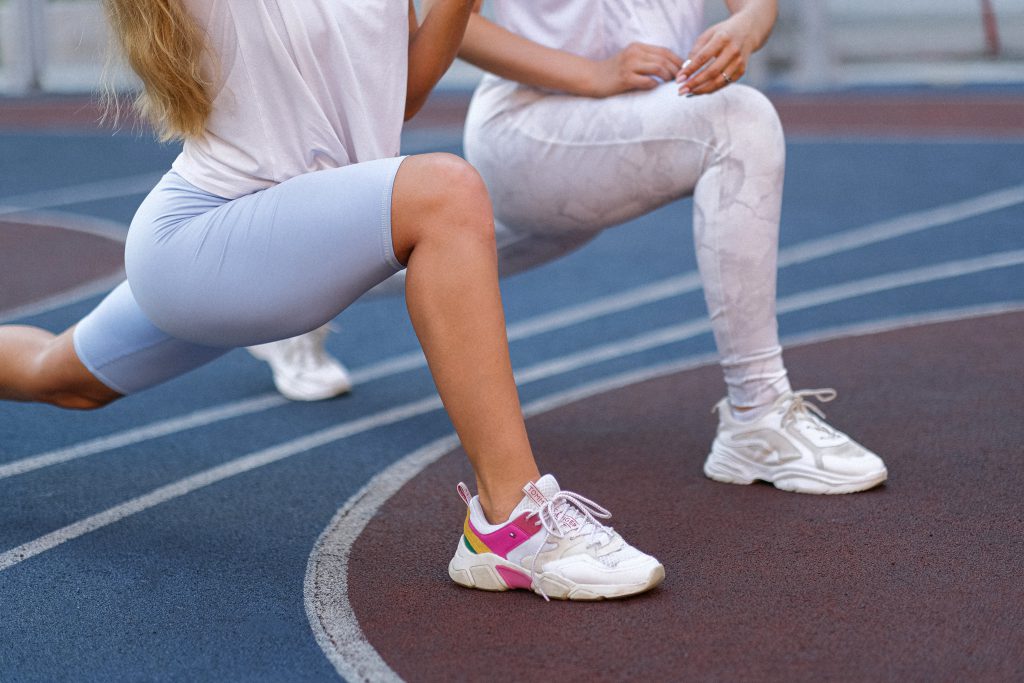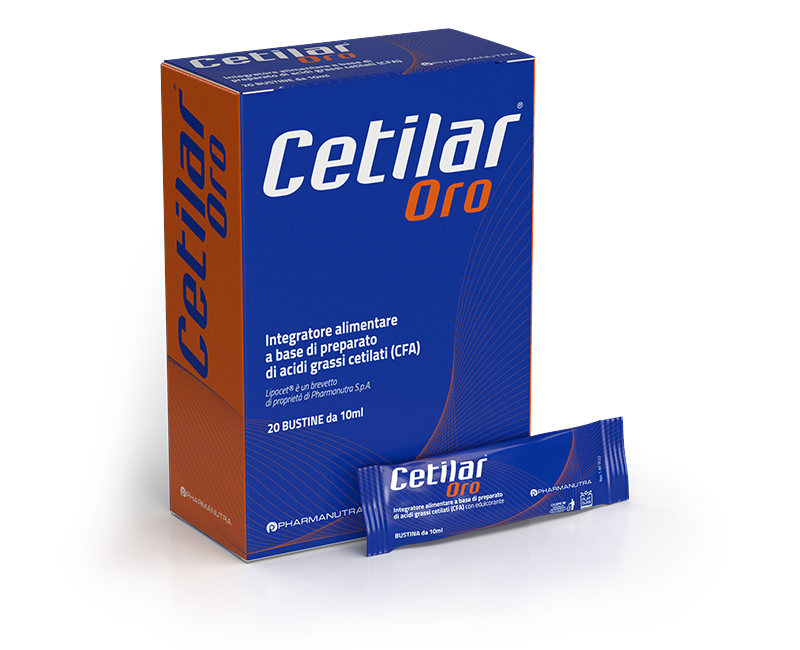Muscular leg pain: causes and remedies

Who has never suffered from muscular leg pain at least once in their life? Combined with tiredness or swelling, radiating from the thigh to the calf, while you are relaxing, sometimes at night or simply after too much physical activity, we often tend to underestimate muscle pain, expecting it to go away on its own, but it could be an alarm bell for several problems.
Together with our physiotherapists, let’s take a look at some of the most common causes and the most useful remedies for muscular pain in the legs.
Leg pain: the most common causes, tests and diagnosis
Leg pain can be a symptom of various conditions or diseases. In most cases these are mild and do not last too long, but sometimes a thorough medical diagnosis is needed to determine the cause of the problem, especially for intense and long-lasting pain. Below is a list of the most common causes:
- Post-workout muscular soreness: DOMS (delayed onset muscle soreness) is the sensation of pain and stiffness in the muscles following intense physical exertion, or at least more than what we are used to. It tends to disappear within 72 hours.
- Circulatory problems: these range from very common and minor causes, such as varicose veins, to more serious problems, such as peripheral arterial disease or deep vein thrombosis. If you experience severe leg pain, which increases gradually as you walk, or if you experience other symptoms such as swelling, redness and heat, you should seek medical advice.
- Nerve pain: inflammation of the lumbosacral plexus, i.e. the nerves that run from the lower back down to the lower limb, can also cause muscle pain in the legs. Usually, the pain is associated with a deep sensation of tension, “restlessness” and in some cases tingling and sensations of electric shocks or heat. The nerves most affected are the sciatic nerve (back and sides of the thigh and leg) and the femoral nerve (front of the thigh).
- Joint problems: the joints of the pelvis and lower limb can also give a sensation of pain in various muscle groups of the leg, in addition to the localised joint pain. The sacro-iliac joint, for example, typically radiates pain to the back of the gluteus and thigh. The hip joint, on the other hand, radiates into the front and inside of the thigh.
- Muscular problems: these range from muscular contractures to more serious situations, such as sprains or strains. These conditions are usually the result of trauma or excessive physical effort and generate a sensation of pain localised to specific points on the leg.
- Stress: this is one of the least known causes of leg pain, but it is actually much more common than you might think. Many people release their mental stress on their lower limbs. Sensations of tension, tiredness, stiffness of the lower limbs are due to excessive emotional tension.
In most of these cases, the diagnosis is purely clinical, based on the symptoms reported by the patient and the type of onset and duration of pain. If the doctor suspects a specific underlying condition (for example, a herniated disc or peripheral arterial disease causing leg pain when walking), they may recommend further tests, including ultrasound, doppler ultrasound, MRI or blood tests.
Remedies and treatment for leg pain
Given the variety of causes that can lead to the onset of muscular pain in the legs, treatment is based first and foremost on the correct diagnosis.
For mild to moderate muscle pain after intense physical activity, rest is generally sufficient. Other useful remedies include applying alternating hot and cold water to stimulate circulation, light aerobic activity such as cycling or swimming, or a massage to relieve stress, potentially with the aid of specific creams or ointments for muscular pain.
Regarding leg pain resulting from sprains or strains, the advice is to immediately adopt the PRICE protocol (Protection, Rest, Ice, Compression and Elevation) and then consult a physiotherapist to assess recovery time and treatment.
However, if muscular pain is intense and constant over time, and occurs while you are walking and/or at rest (especially at night), it is always better to seek medical advice first to assess the most suitable tests and treatment.
Focus on women: muscular pain in the legs during pregnancy
During pregnancy, particularly after the sixth month of gestation, fluid retention in the lower limbs can occur, causing swelling in the ankles and feet, as well as a feeling of heaviness and tiredness in the legs. This is caused by hormones and the weight of the uterus, which compresses the veins and lymph nodes in the pelvis, impeding blood and lymphatic flow. Furthermore, weight gain leads to a greater overload of the leg muscles, which then become tired and sore, especially in the evening.
The best remedy for relieving leg pain is to continue constant but light physical activity up until the last few days of pregnancy. Yoga, walking and swimming are some examples of suitable exercise for pregnant women. Another frequently used remedy is elasto-compression stockings, which help the circulatory system to drain excess fluid from the lower limbs. Light lymphatic drainage massages performed by a qualified professional, can also provide relief to the mother-to-be.



